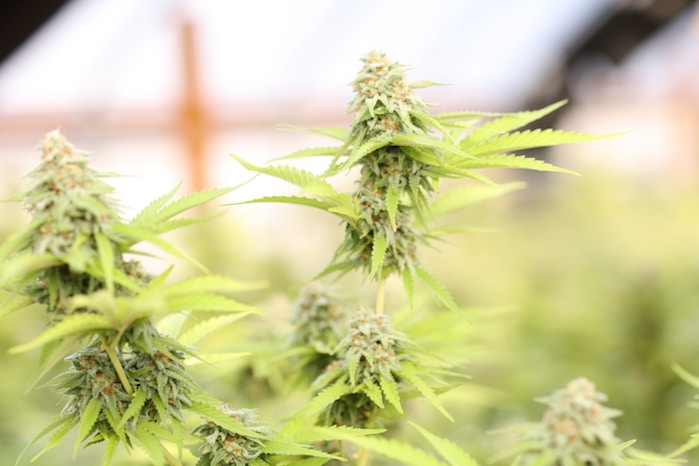The legal cannabis movement in America took another step forward on Election Night 2018.
Voters in Michigan approved a ballot measure Tuesday that will make cannabis legal and regulated for adults. Michigan becomes the first midwest state to legalize cannabis.
Meanwhile, Missouri and Utah approved medical cannabis ballot measures, providing access to medicine for millions of people and solidifying a supermajority of states with medical laws.
“This election proves that U.S. voters are ready and eager for comprehensive cannabis policy reform at the state and federal level,” says Aaron Smith, executive director of the National Cannabis Industry Association. “This is no longer a third-rail issue. Members of Congress need to listen to their constituents, allow states to determine their own cannabis policies, and start treating this burgeoning legal industry fairly. ”
With dozens of supportive congressional candidates winning on Tuesday, advocates believe that cannabis policy reform legislation could be actively considered in the House in the 2019 session. Bills that allow banks to more easily work with the cannabis industry, and that address federal taxation of cannabis, are anticipated for next year.
Voters in 12 states elected gubernatorial candidates who publicly support legal cannabis. Governors-elect Gavin Newsom in California, Jared Polis in Colorado and J.B. Pritzker in Illinois all made cannabis policy reform a central issue in their campaigns.
Cannabis is now legal for adults in ten states and the District of Columbia, while 33 states have medical pot laws. Cannabis is legal in some form in 47 states.










